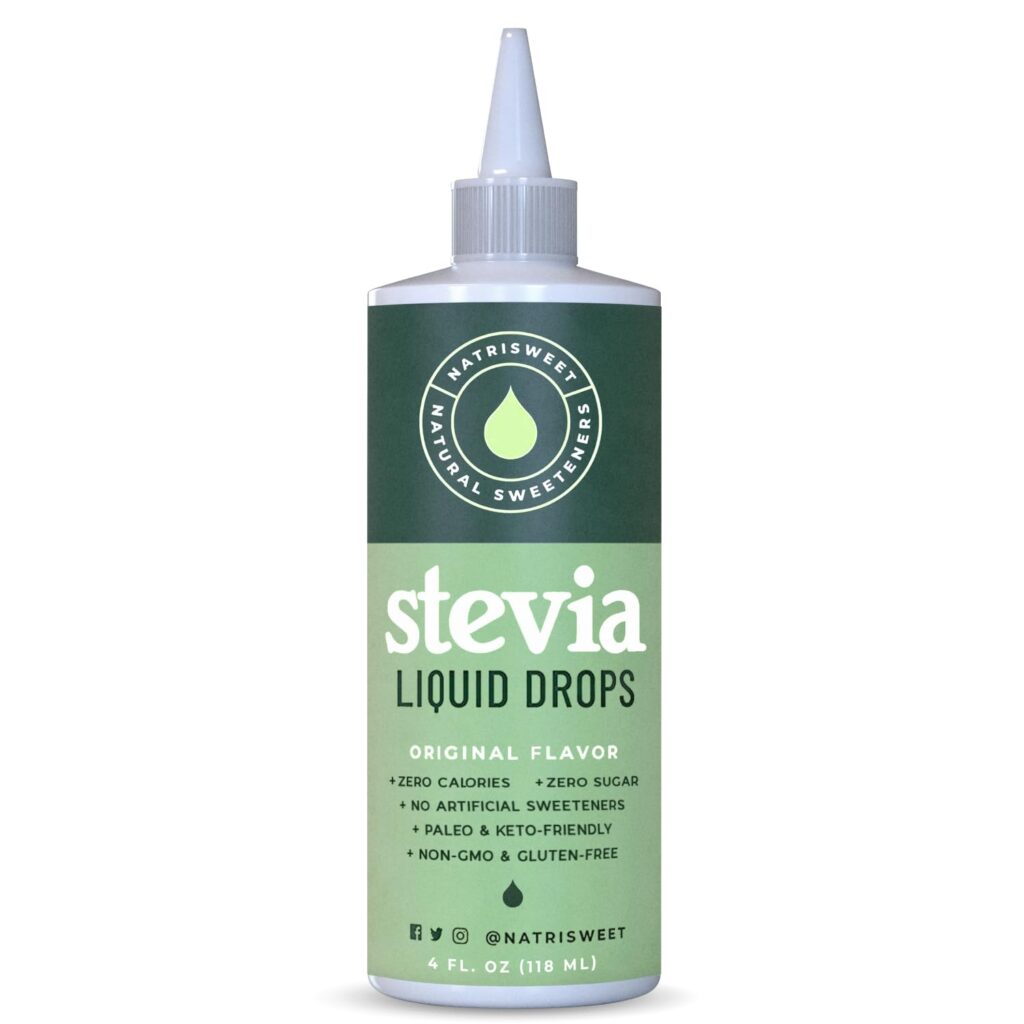Stevia, a natural sweetener derived from the leaves of the Stevia rebaudiana plant, has gained significant popularity as a sugar substitute in recent years.
With its zero-calorie content and potential health benefits, it’s no wonder that many are turning to this sweetener as a healthier alternative to sugar.
However, the question remains: Is stevia safe?
What is Stevia?
Stevia is a sweetener extracted from the leaves of the Stevia rebaudiana plant, native to South America.
For centuries, people in Paraguay and Brazil have used these leaves to sweeten beverages and make tea.
The active compounds in stevia, called steviol glycosides, are responsible for its intense sweetness, which is estimated to be 200-300 times sweeter than sugar.
Stevia and Its Health Benefits
One of the most attractive features of stevia is its zero-calorie content, making it a popular choice for those looking to reduce calorie intake and manage weight.
Additionally, stevia has a minimal effect on blood glucose levels, making it a safe option for people with diabetes.
Some studies also suggest potential benefits, such as lowering blood pressure and possessing anti-inflammatory properties.
Safety and Regulatory Status
The safety of stevia has been extensively studied, and it is generally considered safe when consumed in appropriate amounts.
In 2008, the U.S. Food and Drug Administration (FDA) granted Generally Recognized as Safe (GRAS) status to high-purity steviol glycosides, allowing their use in foods and beverages.
Similarly, other regulatory bodies, such as the European Food Safety Authority (EFSA) and the World Health Organization (WHO), have also affirmed the safety of stevia.
Potential Side Effects
While stevia is safe for most people, some individuals may experience side effects, particularly when consumed in large quantities. These can include:
- Gastrointestinal Issues: Some people report bloating, nausea, and abdominal pain after consuming stevia.
- Allergic Reactions: Although rare, allergic reactions to stevia can occur, particularly in individuals with allergies to plants in the Asteraceae family.
- Interactions with Medications: Stevia may interact with certain medications, such as those for blood pressure and diabetes, potentially enhancing their effects. It’s essential to consult with a healthcare provider if you are on such medications.
What Kind Of Stevia Should I Get?
In shopping for the right kind of stevia, I have come across many that aren’t pure stevia or lack the flavor that most stevia products promise.
Out of all the stevia products I’ve tried, one of my favorites is Natrisweet Liquid Stevia Drops.
This pure stevia liquid sweetener, derived from stevia extract with no additives, offers a zero-calorie alternative perfect for keto diets.
With over 800 servings per bottle, it’s an ideal choice for sweetening drinks and baking without compromising taste or quality.
The versatility and natural origin of Natrisweet Liquid Stevia Drops make it my go-to for a healthier, guilt-free sweetening option.
All you need to do is drop a bit into your favorite tea or beverage and you’re good to go!
Conclusion
Stevia is a safe and effective sugar substitute for most people, offering numerous health benefits, especially for those looking to reduce calorie intake and manage blood sugar levels.
Regulatory bodies worldwide have deemed high-purity stevia extracts safe for consumption.
However, like any food product, moderation is key, and it’s important to be mindful of potential side effects and interactions with medications.
Always consult with a healthcare provider if you have any concerns or underlying health conditions.
By choosing high-quality, minimally processed stevia products, you can enjoy the sweet benefits of this natural sweetener without compromising your health.
Thank you for reading!
Affiliate Disclosure
Some of the links on this site are affiliate links. This means that if you click on the link and purchase the item, we may receive an affiliate commission at no extra cost to you. I only recommend products or services that I believe will add value to my readers, however some (not all) do pay us to be on this blog. Your support and theirs helps keep this blog running, and I genuinely appreciate it.
Medical Disclaimer
The information provided on this website is for educational purposes only and is not intended as medical advice. This blog or the writer is not a licensed healthcare professional, and the content should not be used as a substitute for professional medical diagnosis, treatment, or advice. Always consult with your physician or other qualified healthcare provider before starting any new treatment or making any changes to your healthcare routine.
